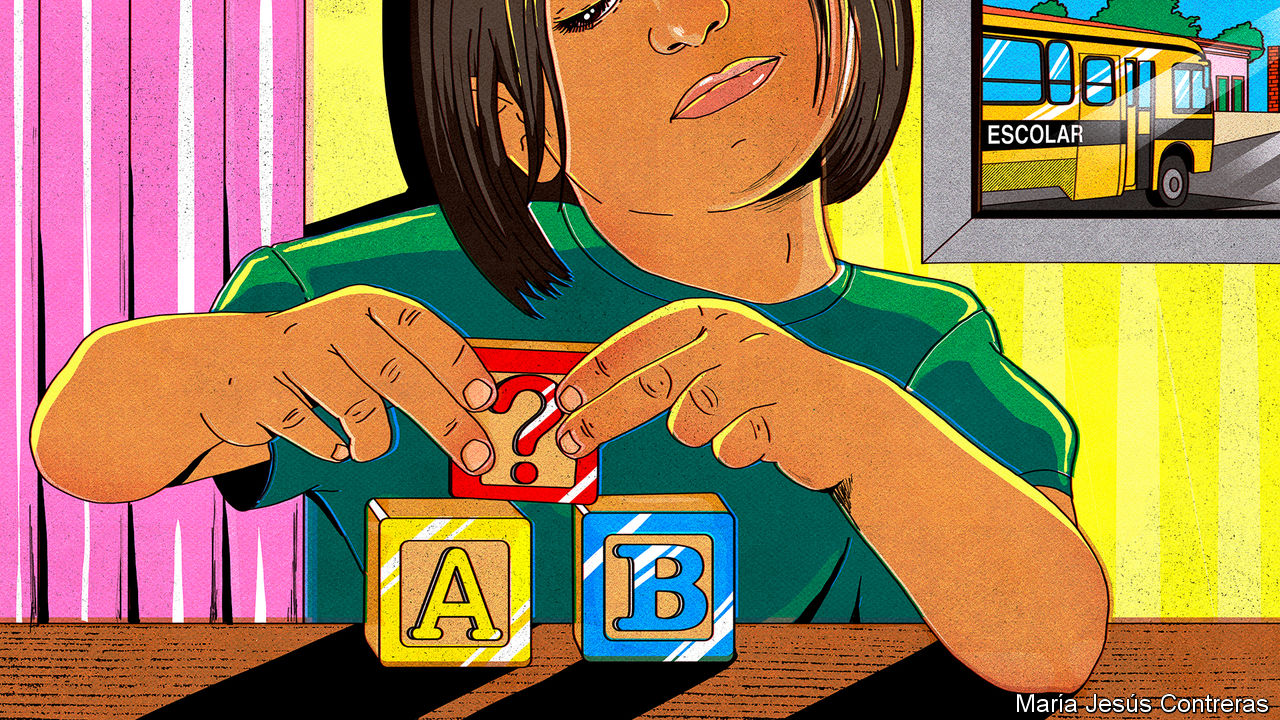Menumatu Nallo leads a group in Kambia, Sierra Leone, where she educates women on proper nutrition for pregnant women and newborns. These mother-and-baby groups are crucial for combating sickness and malnutrition in a region where illiteracy makes it difficult to share health messages through other means. However, due to the COVID-19 pandemic, these gatherings were halted for a year, leading to children missing out on vaccinations and food aid, with some showing signs of malnutrition.
Random shocks during early childhood, such as a pandemic like COVID-19, can have long-lasting effects on children. Studies have shown that children born during times of crisis, such as the Spanish flu in 1918, may have lower educational attainment and earning potential as adults. The most recent pandemic has also impacted children under five, leading to higher rates of malnutrition, reduced access to preschools, and less attention from stressed caregivers, with the worst impacts likely to be felt in poorer countries.
The pandemic has also affected pregnant women, increasing the risk of premature birth or low birth weight for their children. Stress during pregnancy can have long-term effects on children, leading to conditions like attention deficit disorder, anxiety, or depression. The number of newborns receiving vaccinations also dropped during the pandemic, raising concerns about the potential for outbreaks of vaccine-preventable diseases. The long-term impact of the COVID-19 pandemic on children, especially in developing countries, remains a significant concern for public health experts.









